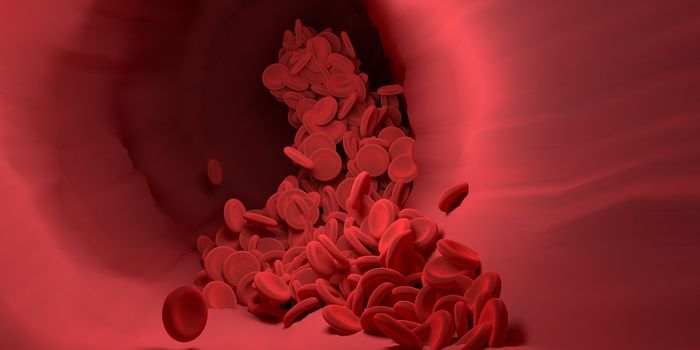Text message reminders don't cut it
New research published in the Journal of Clinical Oncology shows that contrary to previous investigations’ results, text message reminders are not significantly helpful when it comes to breast cancer treatments. The study was conducted by SWOG Cancer Research Network Vice-Chair Dawn Hershman, MD, who is the director of the Breast Cancer Program at NewYork-Presbyterian and Columbia University Irving Medical Center's Herbert Irving Comprehensive Cancer Center.
Hershman was interested in analyzing the behavior of women who are required to take aromatase inhibitors, known as AIs, to maintain their breast cancer treatment regimens. AIs detain the production of estrogen, a necessary end for women battling hormone receptor-positive breast cancer.
While tens of thousands of post-menopausal women are prescribed the drugs annually, AIs come with many side effects, including bone pain, headaches, nausea, and hot flashes and it is often necessary to take them for up to five years. Nevertheless, the threat of stopping an AI regimen is high, as it puts individuals at greater risk of cancer coming back.
In conducting the trial, the research team engaged 724 post-menopausal women with early-stage breast cancer into the study from 40 sites across the country. While half of the participants received text-message reminders to take their medication, as well as texts reminding them of the benefits of taking their medication, the other half of the participants did not receive these alerts. Interestingly, the researchers found that there was no difference between the groups; 55% of participants were AI adherent in both groups.
The take-away message from this study according to Hershman is that generic text messages just don’t cut it when it comes to AI adherence for cancer treatment.
"Persuading patients to take AIs, or any long-term cancer drug, will likely require a more personalized approach, one that includes many interventions and supportive efforts to provide relief from symptoms and also provide encouragement and support for patients," Hershman said. "Texts alone don't do the trick."
Sources: Journal of Clinical Oncology, Eureka Alert









